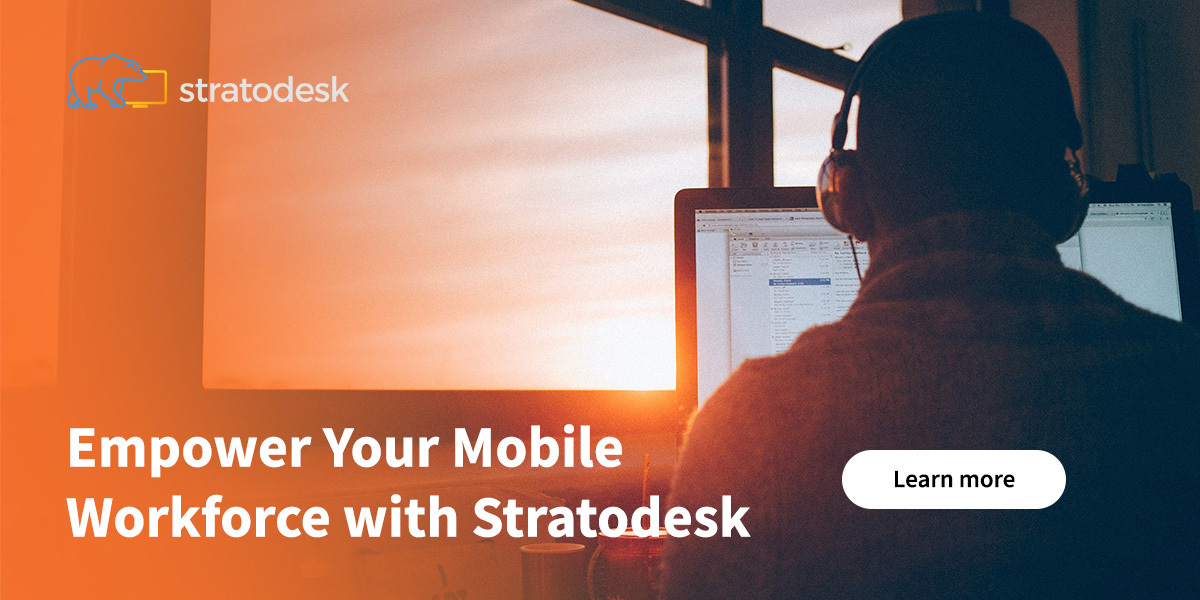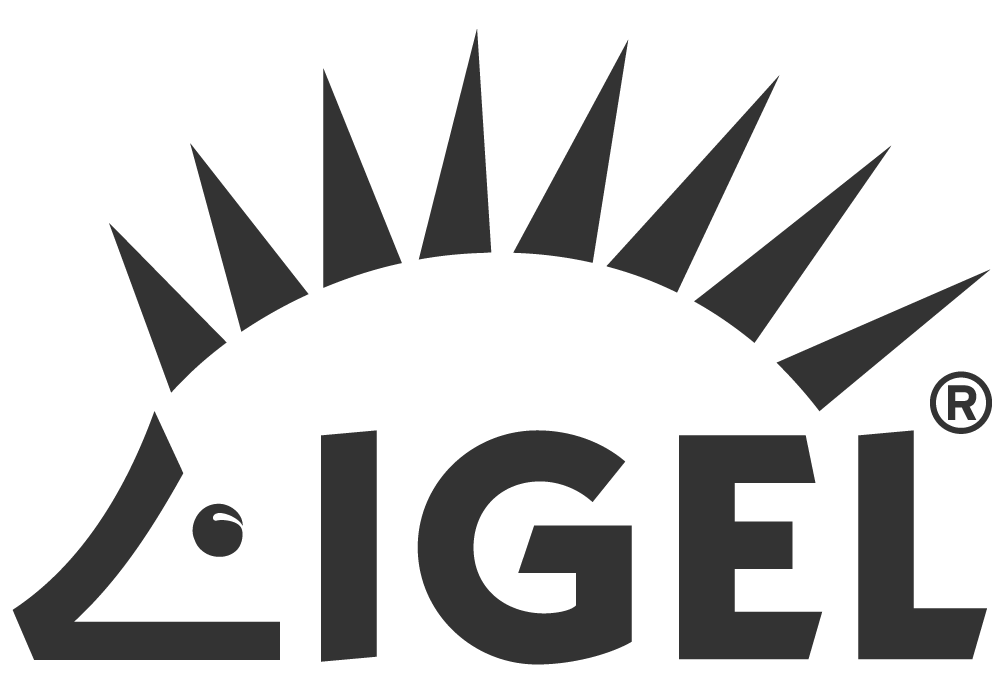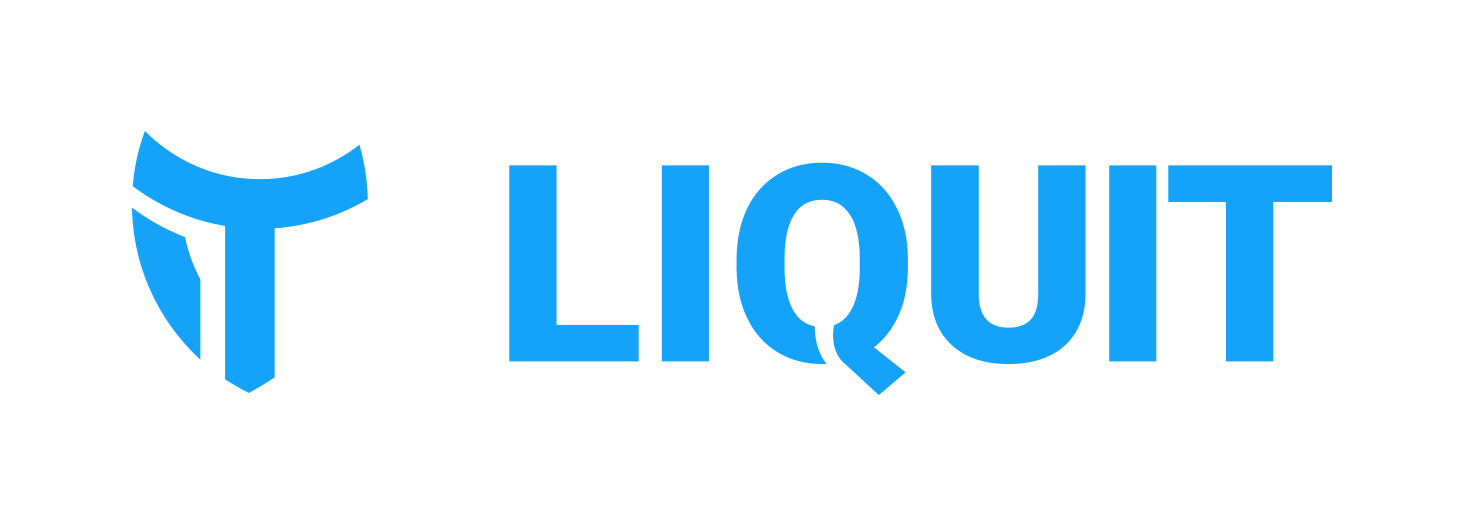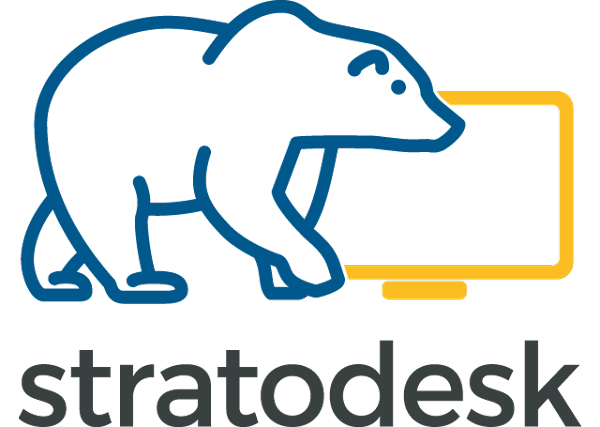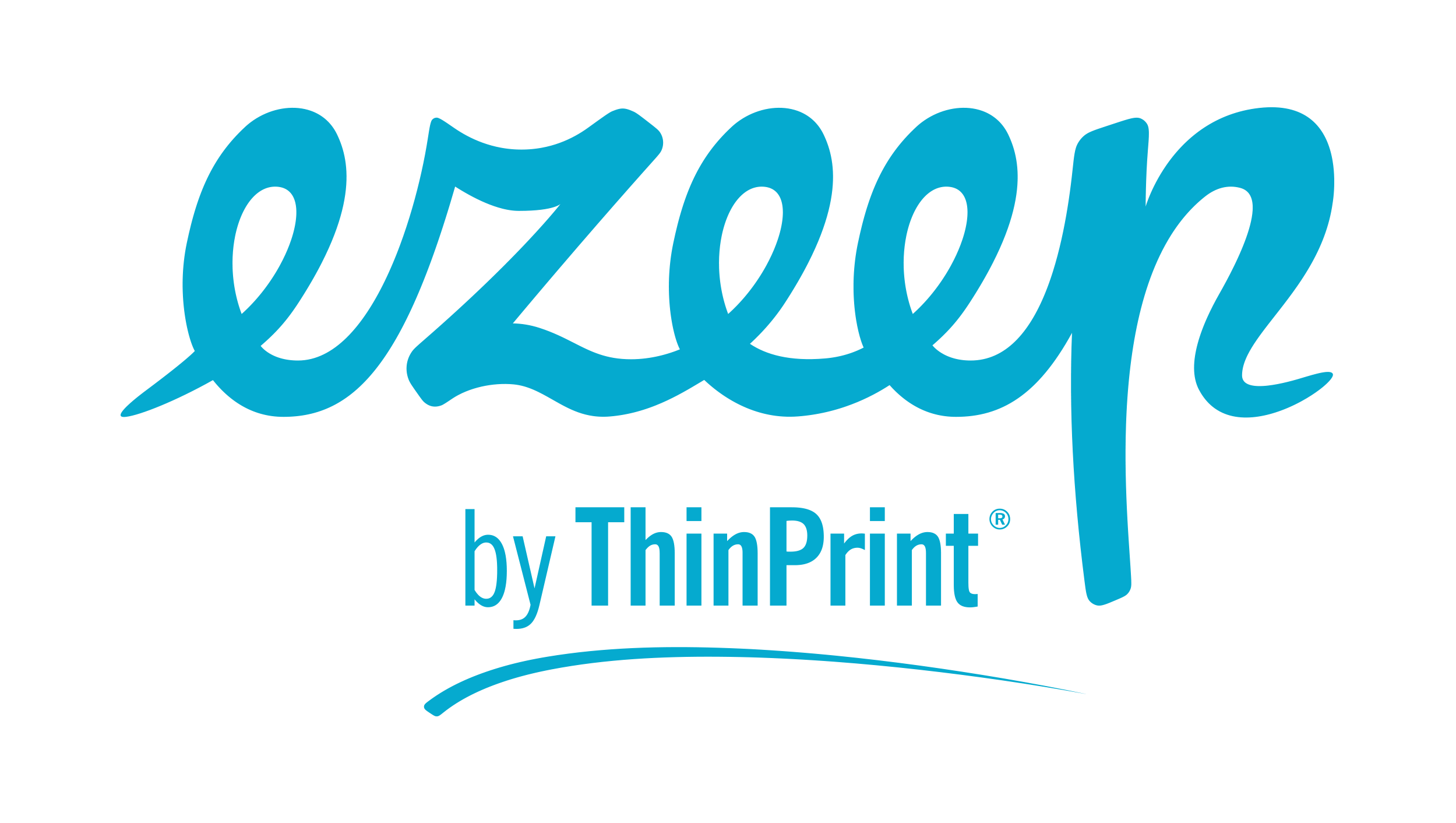VMblog: We have all been witness to a global pandemic, and it has changed the way we work. More than ever, we are seeing a large percentage of employees working from home. How has this shift in the way we work changed the way companies are dealing with their employees?
Rich Severson: We were caught by surprise by the shear number of enterprises needing to switch to remote work virtually over night. The real challenge has been in the scale. After all, there's always been a demand for work from home. Most organizations, however, were not prepared to have their workforce shift from 20% working from home to 80 percent. Dealing with the scale of that has been the biggest challenge. Luckily, those of our customers who were already Stratodesk customers were able to benefit from the flexibility of our platform. This made the shift much easier for them.
VMblog: What are you hearing from customers and prospects? Were they completely caught off guard with mass remote work from home? Or were they already putting things into place, perhaps for other business continuity reasons?
Severson: Everyone is getting more used to casual disruptions. People went from having home internet to introducing everyone to working, studying and streaming video simultaneous from home. It's really the last mile piece, from enabling partial remote work to majority remote work, that has been the biggest hurdle for them.
VMblog: How has this shift of working from home affected people, connectivity, infrastructure, security, etc.?
Severson: The biggest challenges of security in switching to work from home that I've seen has to do with being able to scale out two factor authentication, multi factor authentication, as well as certificate management. That has become a big one. If you have a large number of workers working from home, now suddenly they need to get their updated certificates in order to work remotely outside of the corporate perimeter.
VMblog: How does your software enable the "work from home" shift? And where do your solutions fit within the grand scheme of things?
Severson: Stratodesk NoTouch software suite is natively work from home friendly. It's comprised of NoTouch OS and NoTouch Center. NoTouch OS is the operating system that actually runs on the endpoint devices. Meanwhile, NoTouch Center is the advanced endpoint management solution that makes it easy for enterprises to manage those endpoints, regardless of where they are.
Just as an example, I've had one large customer tell us recently that without Stratodesk they would not have been able to tackle the shift to remote work. With NoTouch Center, they were able to shift thousands of users from working on-premises to working from home. With one simple change, they were able to get their remote workforce going without a hitch.
Another big advantage for enterprises looking to enable work from home comes in the form of the lightweight, mobile Stratodesk NoTouch GO thin client. With NoTouch GO, enterprises can easily enable remote work from any device. We've shipped thousands of NoTouch GOs that IT uses to temporarily boot devices with NoTouch OS.
From an enterprise business perspective, the key technologies required will be flexible platforms, low cost devices, laptops and making sure IT has the flexibility to manage those multi platform multi architecture deployments. We've done so well in this space at this time because we have solutions like NoTouch GO that can do this. Being able to boot from a USB device is huge. Once booted, agents and workers don't have to deal with an underlying Windows environment anymore.
VMblog: What are the big problems that you solve for those companies whose workers are now working from home?
Severson: The biggest problem I've seen has to do with enabling multitudes of collaboration tools. We get asked all the time: do you support Microsoft Teams? Do you support Zoom or GoToMeeting. We have extensions and modules for all of these tools and more, as well as VDI platforms, VMware Citrix etc. Supporting all of these features on the platform our customers have in place is tremendously helpful when it comes to enabling secure, reliable remote work.
VMblog: Finally, what advice do you have for companies that are still trying to figure out their own game plan for remote workers? Is work from home and all that we've been doing as a collective group a short-term fix? Will people go back to working in the office after this is over? And if they do go back to the office, do companies continue leveraging the things they put in place, like virtual desktops and remote capabilities?
Severson: First and foremost, the biggest challenge facing enterprises enabling remote work is flexibility. This means being able to adapt at scale - nobody ever expected to have to shift an entire workforce from in-office to work from home. Enterprises need a VDI/Cloud endpoint solution able to make this a reality.
For these companies, part of the longer term will mean realizing how successful companies can be while having so many employees working from home. Through this process, they are going to realize that employees can be productive while at home. Meanwhile, IT can manage them and also maintain security over their infrastructure the way they need to.
In regards to whether or not people will remain working form home, a lot of that is going to be dependent on corporate culture. At the same time that a large number of businesses will realize that employees can be successful working from home, employees will realize that they don't need to be living near their previous workplaces in order to be successful. People will disperse.
One thing that cannot be replaces, however, is employee interactions. They are always going to be key. Even though enabling all of these different collaboration tools is nice, there are still going to be a number of employees who can't wait to get back to the office.
Also check out our video interview:


